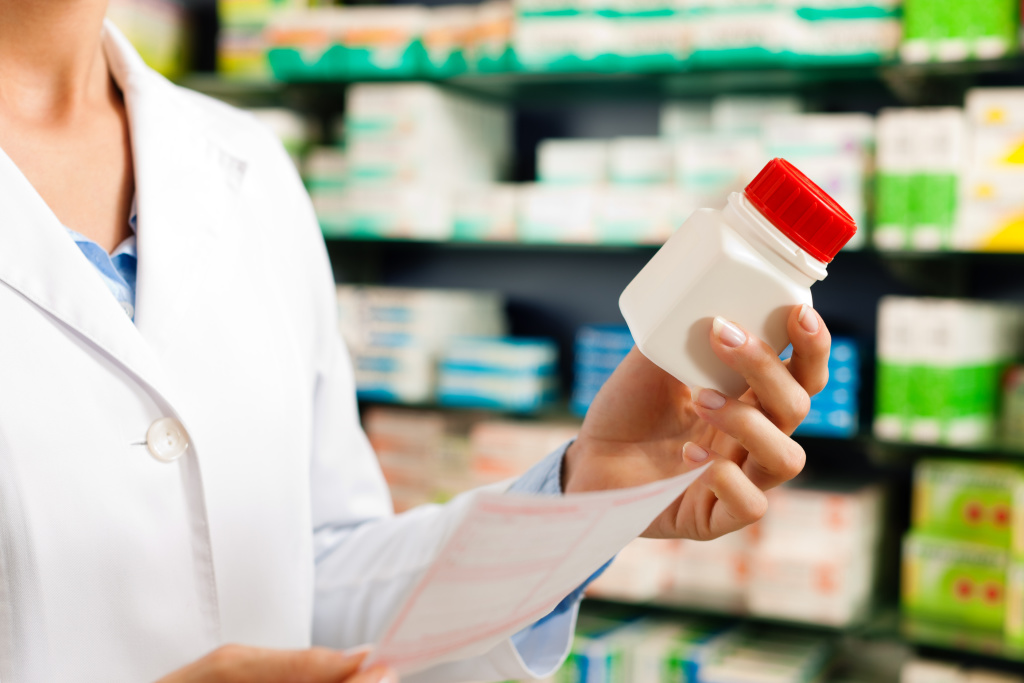What are the Differences Between Brand Name and Generic Drugs?
Pharmaceutical companies originally discover and develop brand name drugs. Once the FDA approves the drug to go to market, the innovator company has market exclusivity to sell their brand name product through patent protection.
The patent allows the innovator to sell its product without competition to recoup the millions of dollars spent during development and to generate a profit. When the patent expires, the product is eligible to become a generic drug.
According the FDA, a generic drug is identical (or bio-equivalent) to a brand name drug in dosage form, safety, strength, routine of administration, quality, performance characteristics and intended use.
This means brand name medications are no different than their generic counterpart. Save the $20 you would spend on Claritin with $4 Loratadine, the exact same drug. Generic drugs on average cost 40 to 60 percent less than brand-name drugs.
Generic pharmaceuticals are not just for over-the-counter medication.
Most hospitals and physicians use generic drugs when medicating their patients. They also prescribe generic medication more often than brand-name drugs!
Generic drugs make up more than 80 percent of prescriptions filled in the U.S. When filling or refilling a prescription, ask your pharmacist if there is a generic equivalent available. It is surprising to see how much you can save!
Quick Prescription Identification Tips
Avoid confusion at home by labeling your generic prescriptions with its commonly recognized brand name.
When perusing your medicine cabinet in the midst of an allergy attack, you may not know off-hand that Fexofenadine is “Allegra,” or that Pseudoephedrine is “Sudafed.” Dust off the old label maker and identify your medication in a way that helps you identify it correctly when you need it! The scientific drug name may also confuse children, who may only identify medicine from the brand name’s TV commercials.
Do not confuse generic pharmaceuticals with counterfeit medicine. Counterfeit drugs are products presented in such a way as to look like a legitimate product, yet may contain the wrong dose of active ingredients, the wrong active ingredient in general or no active ingredient at all.
These medicines are illegal and may be harmful to your health. If you come across counterfeit medicine, contact the FDA right away.

